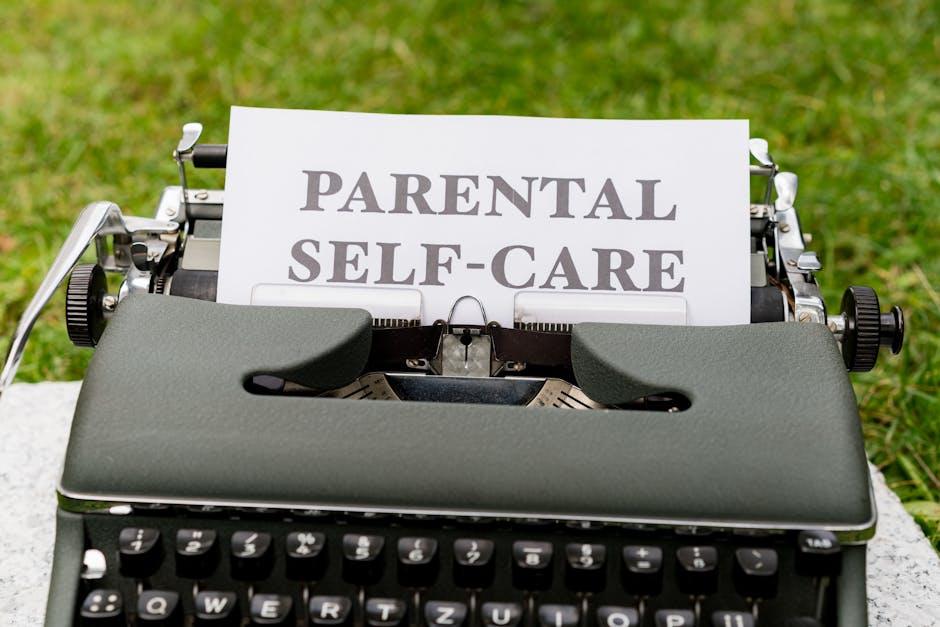As a parent, one of your most important responsibilities is nurturing your child’s overall well-being, including their mental health. In this article, we’ll explore practical tips and valuable resources to support your child in navigating the complex world of emotions and mental wellness. From fostering open communication to seeking professional help when needed, we’ll delve into the essential strategies to help your child thrive mentally and emotionally. Join us on this insightful journey towards promoting your child’s mental health and well-being.
Recognizing Signs of Mental Health Issues in Children
One way to support your child’s mental health is by being aware of any signs of potential issues. It’s important for parents to be observant and attuned to any changes in behavior or emotions that may indicate a problem. Some signs to look out for include:
- Changes in mood or behavior: Watch for sudden shifts in mood, such as increased irritability or sadness, as well as changes in behavior like withdrawing from social activities.
- Difficulty concentrating: If your child is having trouble focusing or completing tasks that they previously had no trouble with, it could be a sign of a mental health issue.
- Changes in sleep or appetite: Pay attention to any disruptions in your child’s sleep patterns or appetite, as these can be indicators of underlying mental health issues.
If you notice any of these signs, it’s important to address them promptly and seek professional help if needed. Remember that early intervention is key in supporting your child’s mental health. Reach out to resources such as school counselors, pediatricians, or mental health professionals for guidance and support. By taking proactive steps to address any potential issues, you can help your child build a strong foundation for their mental well-being.
Creating a Safe and Supportive Environment at Home
One way to create a safe and supportive environment at home for your child is to prioritize their mental health. This can include providing them with the necessary resources and support to help them navigate any challenges they may be facing. By being proactive and attentive to your child’s emotional well-being, you can help them feel secure and empowered.
Here are some tips to support your child’s mental health:
- Encourage open communication: Create a safe space for your child to share their thoughts and feelings without judgment.
- Establish a routine: Consistency and predictability can help reduce stress and anxiety.
- Practice self-care together: Show your child the importance of taking care of their own mental health by practicing self-care activities together.

Utilizing Professional Support and Community Resources
When it comes to supporting your child’s mental health, it’s important to utilize professional support and community resources. Seeking help from experts in the field can provide valuable insight and guidance on how to best support your child’s emotional well-being. Therapists, counselors, and psychologists can offer specialized strategies and techniques to help your child navigate their mental health challenges.
Additionally, tapping into community resources can provide a network of support for both you and your child. Local support groups, online forums, and community centers can offer a sense of belonging and understanding, connecting you with others who are facing similar situations. These resources can also provide access to workshops, seminars, and educational materials that can further enhance your understanding of mental health issues and how to best support your child.

Promoting Positive Coping Strategies and Communication Skills
When it comes to supporting your child’s mental health, it is important to focus on . Encouraging your child to develop healthy ways to manage stress and express their feelings can have a significant impact on their overall well-being. Here are some tips to help you navigate this important aspect of parenting:
- Encourage open communication: Create a safe and non-judgmental space for your child to talk about their emotions and experiences.
- Teach problem-solving skills: Help your child learn how to identify and address challenges in a constructive manner.
- Promote self-care habits: Encourage activities that promote relaxation and self-reflection, such as mindfulness exercises or journaling.
| Resource | Description |
|---|---|
| Therapy sessions | Professional guidance and support for your child’s mental health needs. |
| Online forums | Connect with other parents and experts to share experiences and gather advice. |
By incorporating these strategies into your parenting approach, you can help your child develop the necessary skills to navigate life’s challenges with resilience and confidence. Remember that every child is unique, so be patient and flexible as you support them on their mental health journey.
As you navigate the ups and downs of parenthood, remember that supporting your child’s mental health is just as important as their physical well-being. By implementing these tips and utilizing the resources available to you, you are equipping your child with the tools they need to thrive in a world that can often feel overwhelming. Remember, you are not alone in this journey. Reach out for help when you need it, and always remember that your love and support can make all the difference in your child’s mental health journey. Stay strong, stay connected, and never underestimate the power of a listening ear and a caring heart. Your child’s mental health is worth the effort – never forget that.














